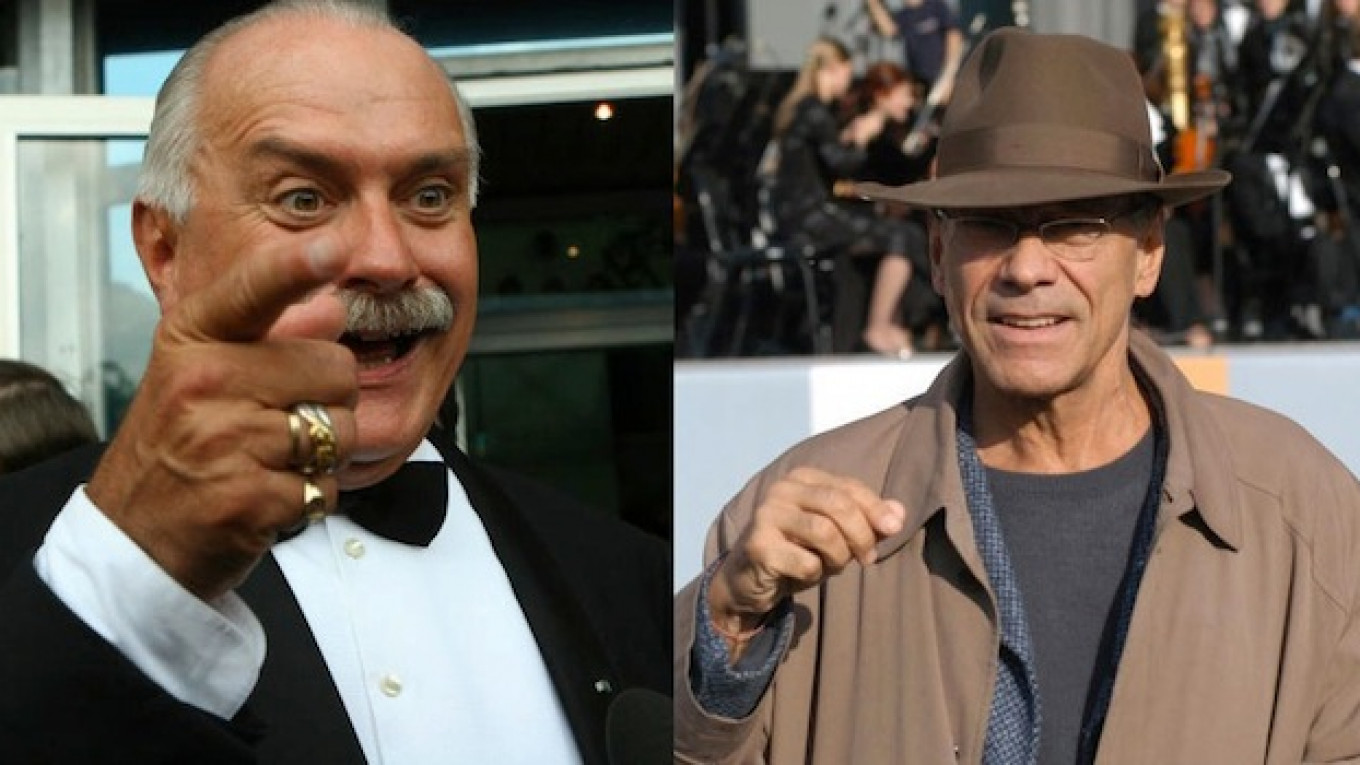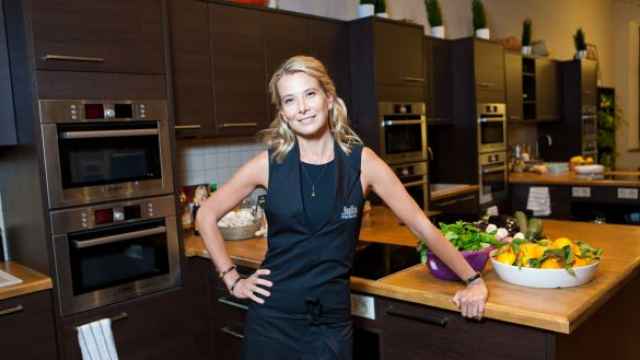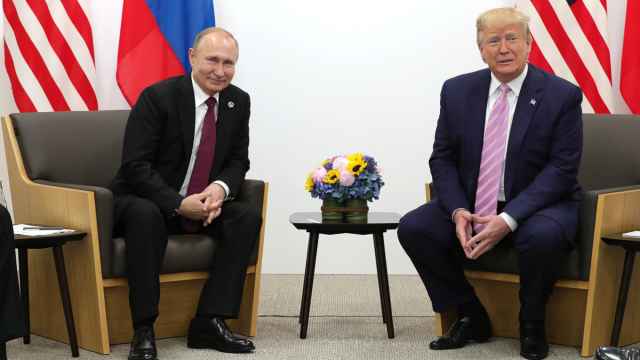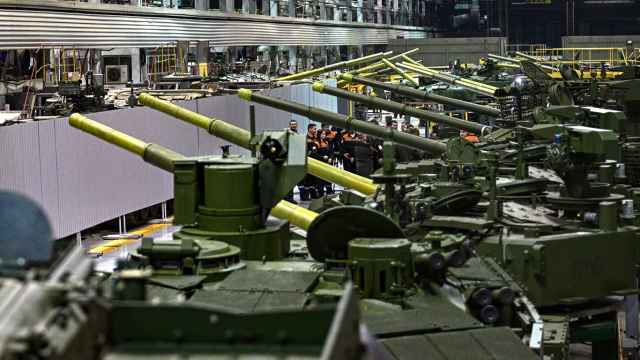Two famous Russian film directors will get government help to finance a homegrown alternative to McDonald’s, the RBC news agency reported late Thursday.
Award-winning directors Andrei Konchalovsky and Nikita Mikhalkov requested nearly 1 billion rubles ($19 million) in a letter to President Vladimir Putin on March 16, the Kommersant newspaper reported earlier in the day, citing a copy of the letter.
The proposal for the fast-food chain, which will be called "Yedim Doma!" (“Eat at Home!”), jumps on an upswing of patriotism and new focus on local production prompted by Russia’s quarrel with the West over Ukraine.
Deputy Prime Minister Arkady Dvorkovich at a meeting held on Putin's request on Thursday approved state support for the project, Dvorkovich's spokesperson Aliya Samigullina told RBC.
Seventy percent of the cash needed for chain will come as a state-guaranteed loan, while the remaining 30 percent will be private investment, RBC said.
Andrei Konchalovsky presented the project personally, an unnamed government official told the agency.
The directors’ request envisioned the construction of two factory kitchens, 41 cafes and 91 stores selling prepared meals.
The Kommersant report instantly drew cutting satire on Russian social media. Politician and patron of the arts Andrei Agishev on Facebook declared he and his brother’s intention to follow in the directors’ footsteps and ask the government for money to fund a domestic alternative to pornographic U.S. magazines Hustler and Playboy.
“Our magazine will be about love in its highest sense — love for the homeland,” Agishev deadpanned, adding that this love would be illustrated with pictures of Russian women in camouflage, sailor jackets and orange safety vests.
Import replacement has become an oft-touted government priority since the U.S. and EU imposed economic sanctions on Russia over its role in the Ukraine crisis and Russia responded with bans on Western food imports.
As described by Kommersant, the directors’ proposal clearly appeals to this sensibility: The project envisions a chain of small food stores, part shop and part cafe, with dishes produced at regional factories and 30 to 40 percent of ingredients sourced locally.
The chain would also provide food for orphanages and boarding schools, Kommersant quoted the letter as saying. The directors asked for a total of 972 million rubles ($19 million) in state investment, which they said could be recovered in about five years time, the report said.
The brand “Yedim Doma!” already belongs to Konchalovsky’s wife, television presenter Yulia Vysotskaya, who — in addition to owning two restaurants in Moscow — sells frozen vegetables and berries under the brand, according to Kommersant.
A Message from The Moscow Times:
Dear readers,
We are facing unprecedented challenges. Russia's Prosecutor General's Office has designated The Moscow Times as an "undesirable" organization, criminalizing our work and putting our staff at risk of prosecution. This follows our earlier unjust labeling as a "foreign agent."
These actions are direct attempts to silence independent journalism in Russia. The authorities claim our work "discredits the decisions of the Russian leadership." We see things differently: we strive to provide accurate, unbiased reporting on Russia.
We, the journalists of The Moscow Times, refuse to be silenced. But to continue our work, we need your help.
Your support, no matter how small, makes a world of difference. If you can, please support us monthly starting from just $2. It's quick to set up, and every contribution makes a significant impact.
By supporting The Moscow Times, you're defending open, independent journalism in the face of repression. Thank you for standing with us.
Remind me later.






